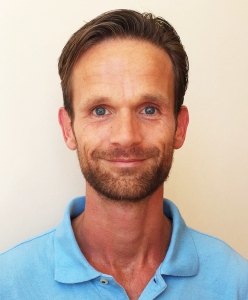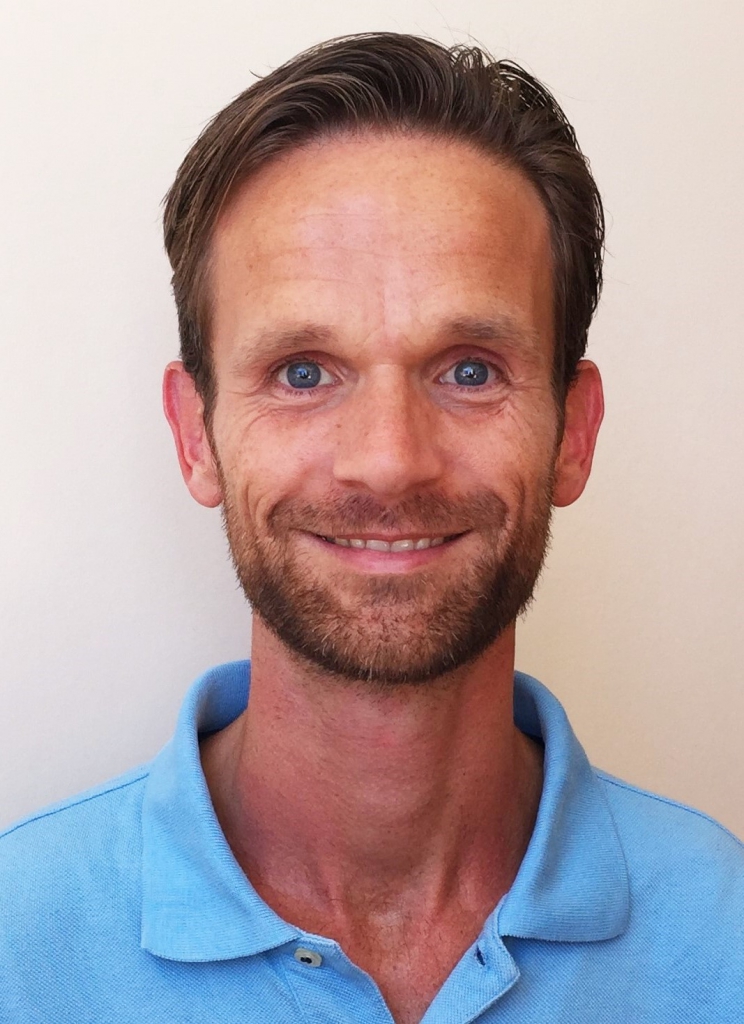Entering the waitingroom I was pleasently greeted by my book that was on the table. Cool! My dentist Marlon was one of the first to purchase it and now the people that visit him are able to enjoy the result of my time and energy. Sitting in lounch position in the dental chair he started working on my teeth. My thoughts went to Eva, one of my most important meditation teachers so far (yes, also the mind of a meditationtrainer still wander off in free associations on a very regular basis). She meditated herself through a dental treatment before. Not just a thorough cleaning like I had, but drilling into a grinder all the way till the nerve. Without any anaesthetic…. I consider myself not an unexperienced meditator after the hours of practise I put in so far, I decided to try how it is to meditate during the treatment of my dentist.
I realised once more how hard it is when the distractions are so very present that it is hard to keep seeing them as part of the bigger picture. Especially when they are sometimes a bit painfull, or at least sensitising. Sure, noises of the neighbours, an itch, distracting thoughts are always hard to leave without reacting on them. But sharp and drilling instruments in of the most sensitive areas of your body is a different experience. And very good practice. Although I was no where near the impression I am ‘there’ yet in the meditation practise, it gave me a good indication how much there still is to win.
Observing without reacting
What you train with meditation is the understanding of the working of your mind and learning how to work with it. Understanding how the mind works is being aware of what manifests in your awareness. No problem in the dental chair. Although it’s about that you are aware that things are occuring and not becoming them. We pretty automatically tend to hold what we experience as pleasurable and push away what is not. Which one is present in the chair at the dentist is obvious.
-
Realise you have the ability to just observe it
While meditating we not only try to be aware of what we experience, you also try to observe it without reacting to it. In the dental chair that means being conscious that you experience an unpleasant sensation but in stead of trying to disconnect with it, you try to see it as it is. No judgement, no action, no respons physically or mentally. Thats it. Not only you often experience that things become less uncomfortable if you just observe it without judgement. Also you recognise that thoughts and feelings come along about what is happening and that they re the ones making things worse. Also you become aware how your mind tends to automatically interpret and react to it and even more important, how you can control it. How you can be in control of your reaction to a stimulus and get to decide what to do.
Even in the chair at the dentist.
Overruling the old paterns
You train your mind and with that not only your awareness and attention, you also strengthen your control about what you say and do. You don’t unlearn something, like in the case of pain a deeply rooted survival mechanism. You learn a new and stronger one that overrules the original. Just like woman succeed to put on mascara without blinking. And the same way that a fakir can sit on a bed of nails. Or people can walk barefoot on burning caols or sit in a bath with water and ice cubes without any problems. The last two I experienced myself and gave me massive insight about what the power of meditation can do for your control over mind and body.
It is possible almost everywhere!
Lesson of the day: try yourself how you can turn a not to pleasant 15 minutes of dental work into a practise for your mind. And maybe give meditation a try in a different place, one you normally don’t think about meditating. Airports and flights, where there often is not that much to do anyways, are great opportunities. But it is also good in places where you dont close your eyes, like during your commuting to work, aware of all there is and you normally often miss because you are distracted by thoughts that make your attention wander off. Or during a wait in a waitingroom or in line at the supermarket or before a red light. Take the max out of it and train yourself optimally! Good luck!
Do you want to learn quickly and effectively how to meditate? We would love to help you. Follow one of our meditation programs or follow the easy step-by-step plan in my book: Meditation, your daily mini-break (unfortunately only available in Dutch). It’s very easy and won’t take much time. Try for yourself and experience what meditation can do for you.
I hope this blog helped you get a better understanding of the what meditation is all about. Do you have a different question regarding meditation? Send it to me and who knows, it might the subject for my next blogpost!



